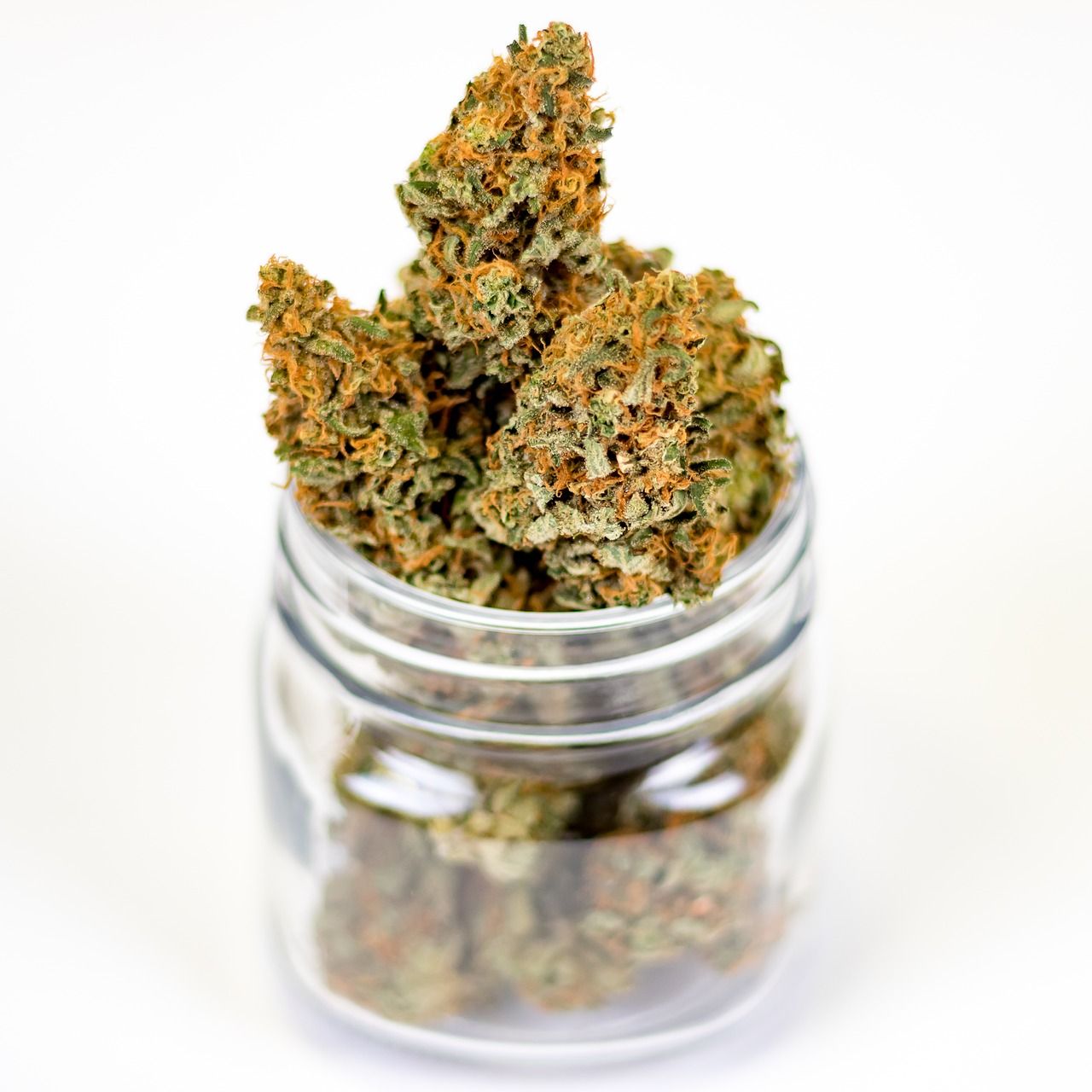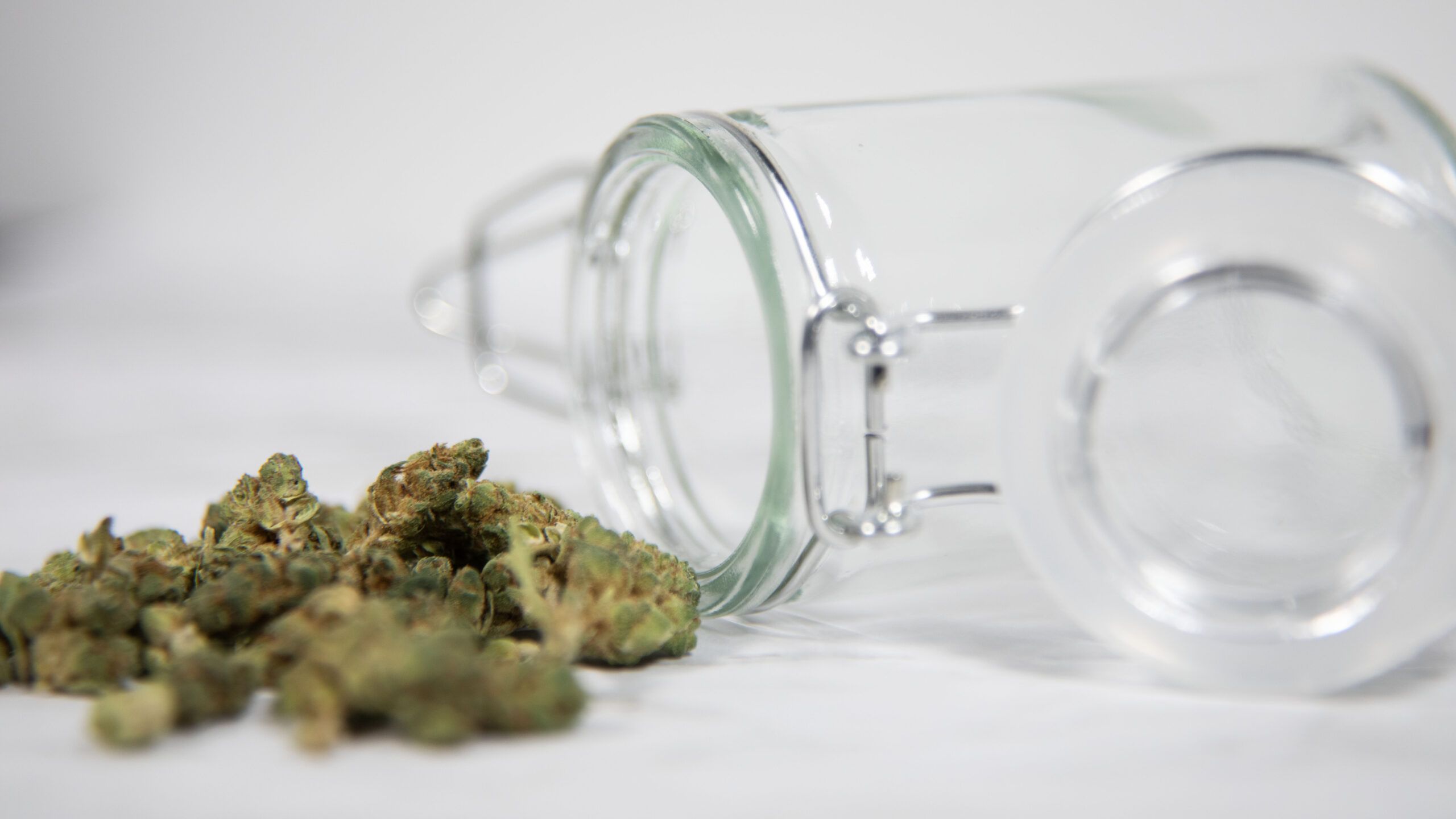For decades, the question of whether someone can overdose on cannabis has lingered in both medical circles and public debate. Unlike substances such as alcohol, opioids, or stimulants, cannabis occupies a unique space in drug research: widely used, culturally visible, and medically studied, yet still surrounded by myths and misconceptions. To answer the question clearly—it’s important to define what “overdose” really means, what the data shows, and what consumers should know.
Understanding “Overdose” in Context
When people think of an overdose, they usually imagine a life-threatening event caused by consuming too much of a drug. According to the Centers for Disease Control and Prevention (CDC), an overdose generally refers to when someone takes more than a normal or safe amount of a substance, leading to serious adverse effects. In the case of opioids or alcohol, overdoses can be fatal because these substances depress critical functions such as breathing or heart rate.
Cannabis works differently. The primary psychoactive compound, THC (tetrahydrocannabinol), interacts with the body’s endocannabinoid system, which helps regulate mood, appetite, sleep, and pain. Unlike opioid receptors, cannabinoid receptors are not concentrated in the brainstem—the area responsible for vital life functions. This is why, according to the U.S. Drug Enforcement Administration (DEA), there has never been a documented case of a fatal cannabis overdose caused solely by marijuana consumption.
What the Science Says
A report by the National Institute on Drug Abuse (NIDA) underscores that while cannabis use can lead to uncomfortable and potentially harmful effects—such as extreme anxiety, paranoia, dizziness, or impaired judgment—it does not cause the kind of respiratory depression that leads to death.
That said, it is possible to consume “too much” cannabis in a way that overwhelms the body temporarily. This is sometimes referred to as “greening out.” Symptoms may include nausea, rapid heartbeat, confusion, panic attacks, or in rare cases, short-term psychotic episodes. While deeply unpleasant, these experiences typically pass within hours as THC is metabolized.
Edibles present an additional layer of risk. Because they take longer to kick in—sometimes up to two hours—consumers may eat more than intended, believing the product is not working. This delayed onset has been linked to many of the reported emergency room visits related to cannabis. Still, most cases are resolved with hydration, rest, and time, rather than medical intervention.
Data on Cannabis-Related Health Risks
According to a 2017 report from the National Academies of Sciences, Engineering, and Medicine, high doses of cannabis can impair memory, decision-making, and coordination. These side effects raise concerns about accidents or injuries, particularly when driving. In states where cannabis is legal, public health departments have noted an increase in cannabis-related ER visits, often tied to edible overconsumption or mixing cannabis with alcohol.
However, the CDC clarifies that such incidents differ fundamentally from fatal overdoses seen with other substances. Even in heavy-use scenarios, cannabis does not shut down the respiratory system. The biggest risks come from impaired behavior, interactions with other drugs, or exacerbating pre-existing mental health conditions.
Why Consumers Should Still Be Cautious
While it is not possible to fatally overdose on cannabis in the traditional sense, responsible consumption remains crucial. Factors such as potency, method of intake, and individual tolerance all shape how strongly cannabis will affect a person. New consumers are often advised to “start low and go slow,” particularly with edibles or concentrates, which can contain much higher levels of THC than traditional flower.
Additionally, cannabis use in adolescents, pregnant individuals, or those with certain psychiatric conditions has been linked to increased risks. Regular heavy use may also lead to cannabis use disorder (CUD), characterized by dependency and withdrawal symptoms such as irritability or insomnia when not consuming. While not life-threatening, it can impact quality of life.
The Bottom Line
To answer the original question: no, you cannot fatally overdose on cannabis the way one can with opioids, alcohol, or other drugs. The science is clear—cannabis does not depress vital life functions in the same way. However, overconsumption can still lead to severe discomfort, risky situations, or longer-term health issues if used irresponsibly.
For consumers, the key lies in education and mindful use. By understanding dosage, choosing the right products, and knowing their own limits, people can enjoy cannabis safely without the fear of a lethal overdose.






